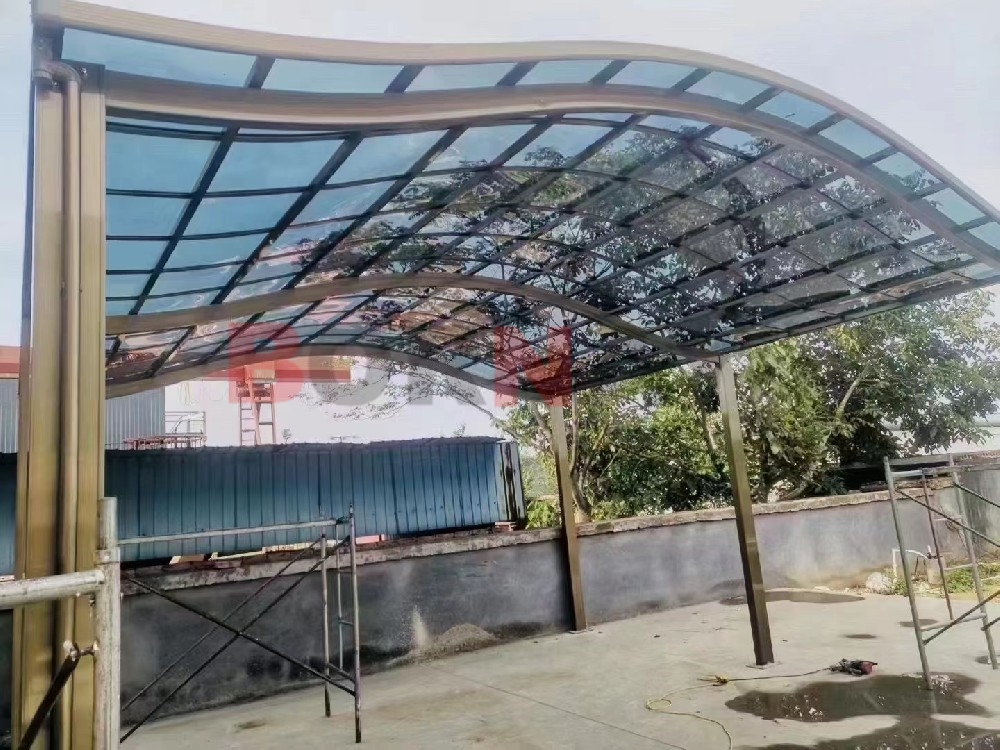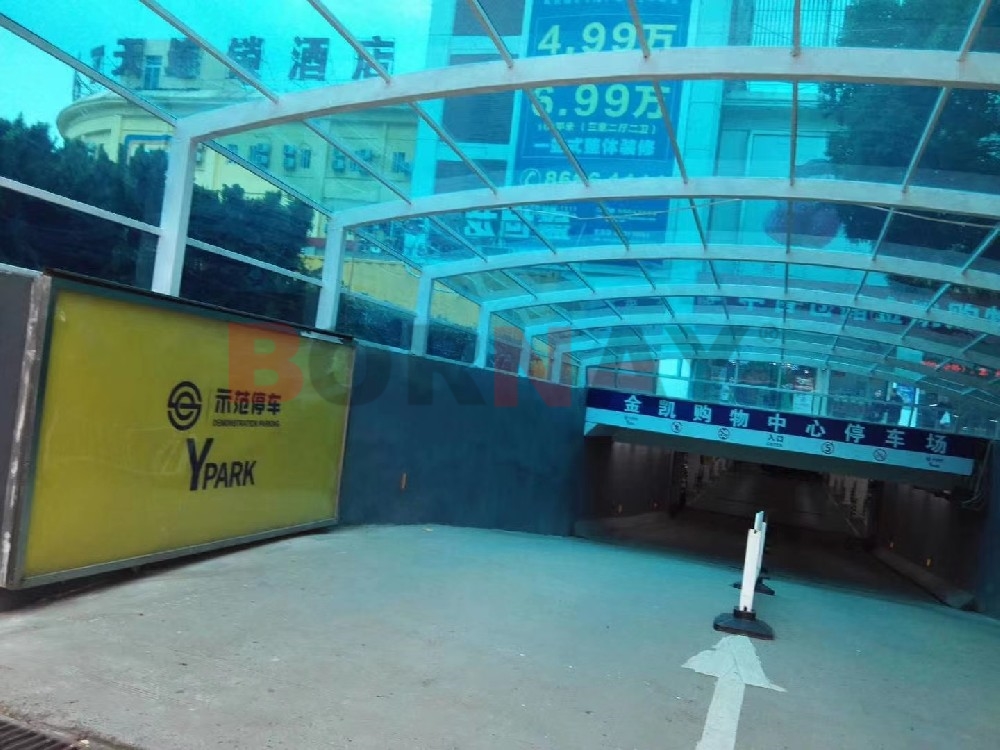Bienvenidos a Langfang-bonai
Long life and easy installation: the advantages of FRP roof panels

Long Life:
One of the significant advantages of FRP (Fiber Reinforced Plastic) roof panels is their long lifespan. These panels are engineered to withstand harsh environmental conditions and resist degradation over time. FRP roof panels are inherently durable and can last for several decades with proper maintenance.The composition of FRP panels, combining a plastic matrix with embedded glass fibers, creates a robust and resilient material. This combination imparts excellent structural strength and enhances resistance to wear, impact, and external forces. Unlike traditional roofing materials that may deteriorate, rust, or corrode over time, FRP panels maintain their integrity, ensuring long-term performance.Furthermore, FRP roof panels are highly resistant to factors that can degrade other roofing materials. They are impervious to moisture, preventing rotting, warping, or mold growth. The panels also exhibit exceptional resistance to chemicals, UV radiation, and extreme temperatures. These characteristics make FRP roof panels a reliable choice for both indoor and outdoor applications, including industrial facilities, agricultural buildings, residential structures, and commercial complexes.

Easy Installation:
Another advantage of FRP roof panels is their ease of installation. These panels are lightweight, making them significantly easier to handle and maneuver during the installation process. The reduced weight minimizes the need for heavy machinery and simplifies transportation, reducing overall project costs.Additionally, FRP panels come in standardized sizes and can be easily cut or modified to fit specific roof configurations. This flexibility enables quick and precise installation, eliminating the need for extensive on-site modifications. Contractors can easily align and secure the panels, leading to faster project completion and reduced labor requirements.The ease of installation is further enhanced by the availability of various installation methods. FRP roof panels can be fastened using mechanical fasteners, adhesive systems, or a combination of both. This versatility allows for adaptability to different roof structures and design preferences.Moreover, the straightforward installation process of FRP roof panels translates into shorter downtime for the building. This is especially advantageous for commercial or industrial facilities where minimizing disruption is crucial. The swift installation not only reduces costs associated with labor but also enables businesses to resume their operations promptly.

In summary, FRP roof panels offer the advantages of a long lifespan and easy installation. Their durability and resistance to degradation ensure extended performance, requiring minimal maintenance and replacement. Furthermore, the lightweight nature of FRP panels and their adaptability to different installation methods simplify the installation process, resulting in cost savings and reduced downtime for buildings.



